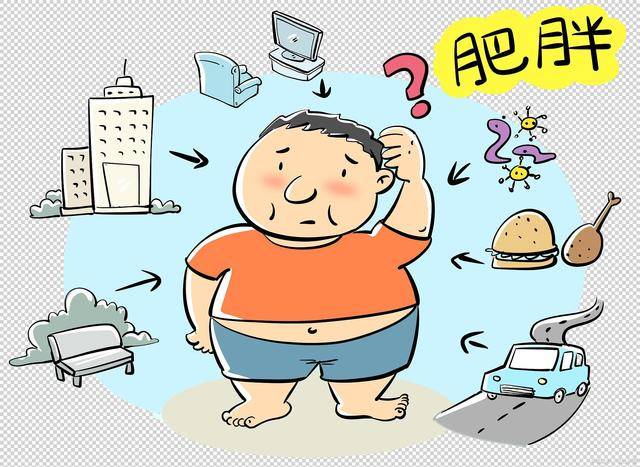With the enhancement of health awareness, more and more people are pursuing a slim body.
However, during the process of losing weight, people often encounter emotional fluctuations, which not only affect the quality of daily life but may also have negative impacts on mental health.
Today we will explore the common reasons for emotional fluctuations during weight loss and their effects on individuals, and provide effective emotional management strategies to help weight loss seekers maintain a positive and healthy mindset.
Why does weight loss lead to emotional fluctuations.
Physiological changes are one of the main reasons.
Weight loss usually means reducing calorie intake and increasing physical activity, which may result in insufficient body energy.
When the body feels tired, it generates a stress response, releasing stress hormones such as cortisol.
These hormones can disrupt the neurotransmitter balance related to emotional regulation in the brain, leading to emotional fluctuations.
For example, an increase in cortisol levels may increase the risk of anxiety and depression.
Psychological factors should also not be overlooked.
Weight loss is a process that requires long-term commitment, inevitably facing setbacks and challenges along the way.
When progress is slow or weight rebounds, people may feel discouraged and disappointed.
Furthermore, strict dietary restrictions and exercise requirements may make individuals overly focused on food, leading to binge eating behaviors.
This excessive psychological burden can easily induce negative emotions.
How should we deal with these emotional challenges? Here are some effective emotional management strategies.
Accept and acknowledge your emotions.
Emotional fluctuations during weight loss are normal physiological and psychological reactions.
Accepting this can help us better address emotional issues.
When feeling discouraged or angry, try deep breathing, meditation, or other relaxation exercises to relieve tension.
Set realistic expectations.
Weight loss is a gradual process, so do not expect massive results in a short period.
Set achievable goals for yourself and celebrate every small achievement, which helps maintain a positive mental state.
Seek support and understanding.
Share your feelings and concerns during the weight loss process with family, friends, or professionals; they can provide emotional support and practical advice.
Sometimes, just listening and understanding can greatly alleviate psychological burdens.
Cultivate healthy lifestyle habits.
In addition to controlling diet and increasing exercise, focus on adequate sleep, balanced diet, and moderate rest.
These habits help stabilize emotions and improve quality of life.
Remember, weight loss is not only about pursuing external beauty but also about a healthy and happy life.
Through scientific methods and emotional management strategies, we can achieve weight loss goals more healthily and effectively while enhancing our quality of life.
Remember, weight loss is a long-term process that requires patience and perseverance.


